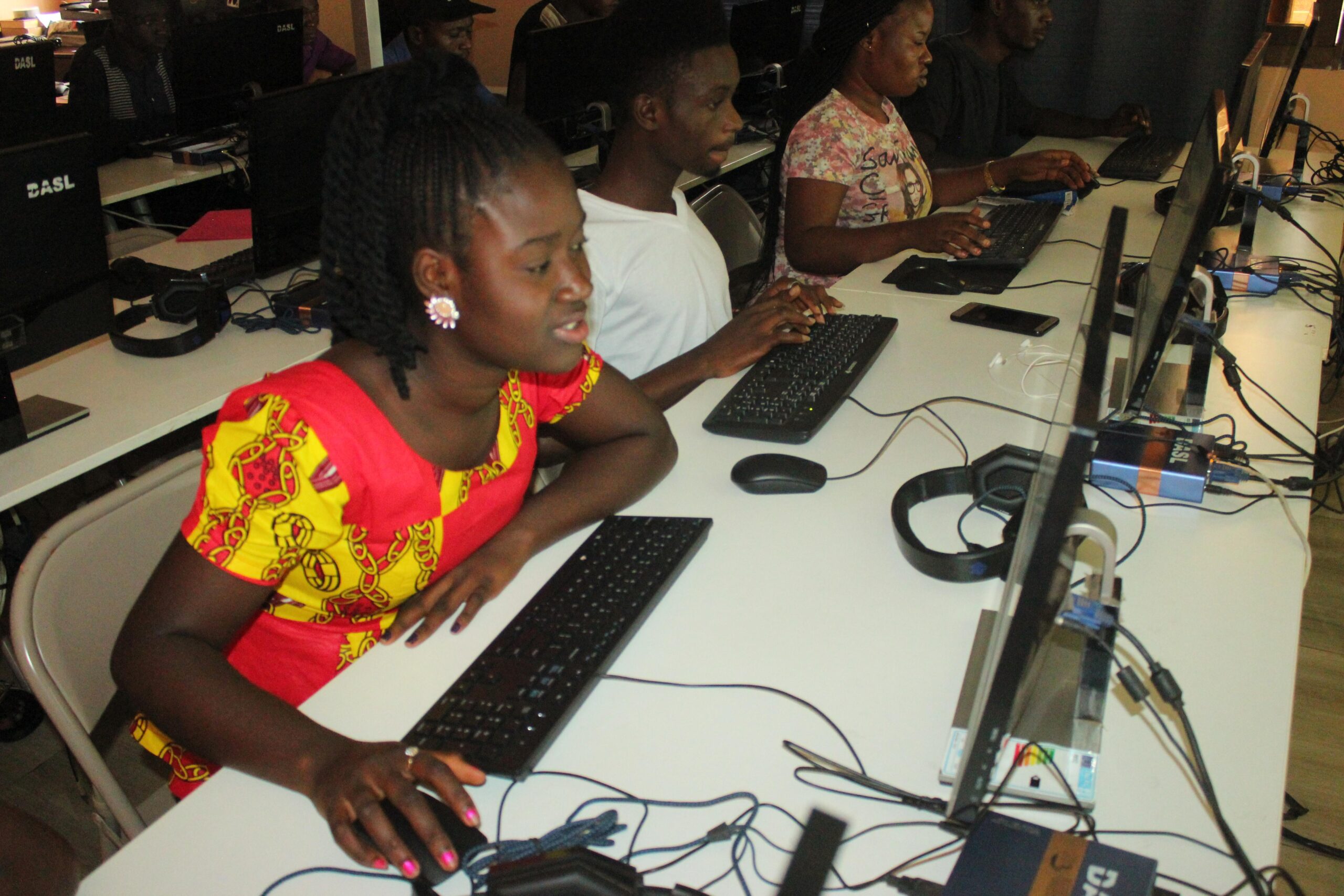In the last 20 years, Liberia has taken many strides towards the enhancement of women’s rights in general. The positive progress, which has mainly been in the form of policies, has had a good general effect, including, on women’s digital rights.
However, specifically in terms of women’s online rights, there are gaps that remain in the success story due to challenges. Probably the most crucial of these challenges is the high cost of data.
As this report brings into attention, Liberia does not meet the standards of the United Nation’s Broadband Commission’s Affordability benchmark. On average, data costs as much as 40% of the monthly income of the average Liberian.
Again, cost of digital and mobile devices, such as handsets is prohibitive to the average Liberian.
Given that women in Liberia, like anywhere else in the world face gender pay inequality, the high cost of data naturally translates into an inhibition to the cyber space that disproportionately affect women.
Aside these issues, Liberian women also face the usual difficulties that frustrate women globally online – they disproportionately face online bullying, are disproportionately at risk of having their privacy violated and personal data misused and comparatively, have least proficiency in digital skills.
Consequently, out of some 1.15million Liberians who are online, the majority are men. In Liberia men are 49 times more likely to be online than women. Liberia is 95th among 100 nations in respect of internet gender gap.
This being the situation, it is commendable that the Liberian government has generally nurtured in place, an environment that supports women’s empowerment in general. The policy environment is generally good for women’s empowerment thanks, among other things, to a National Gender Policy.
Also, the UN Women’s Orange Foundation is engendering good progress with its digital inclusion for women’s empowerment program (D4WEE). The ICT Act which the government enacted to govern the cyber space is commendable as well, even though there is the need to bolster it with a cyber security law.
Given the existing gaps in the policy environment, it is recommended that the government takes steps to improve on the weak links. Among these is the need to hasten the implementation of an information and communications technology guideline which has been scheduled for a five-year rollout ending 2024, but has not commenced.
Because the policy is programmed to drive women’s inclusion and participation in the digital space, it will serve the interest of women’s digital rights when it is implemented.
Civil society organizations and other stakeholders, including the media, are also urged to increase advocacy for improvement in women’s digital and online rights in Liberia.





